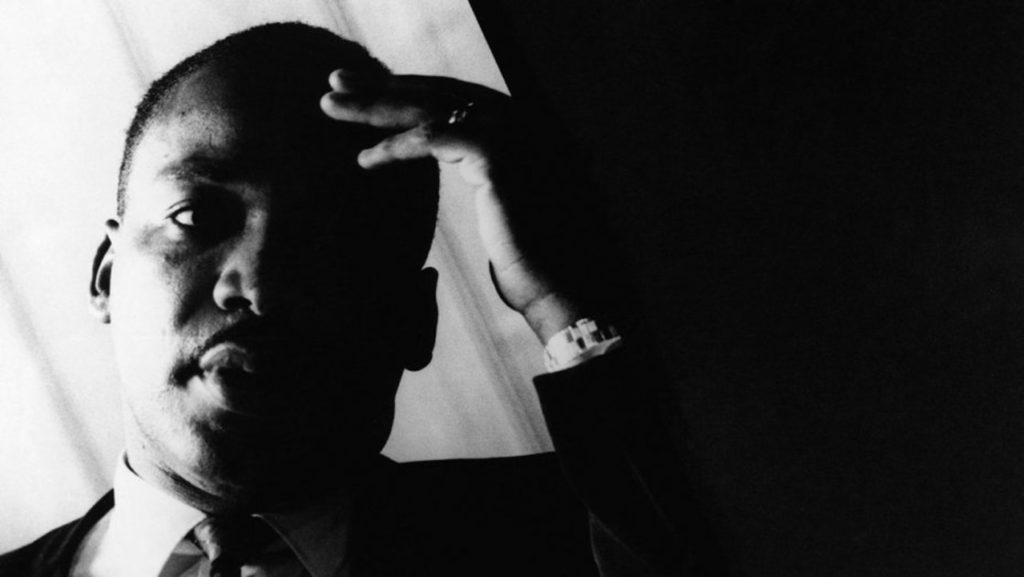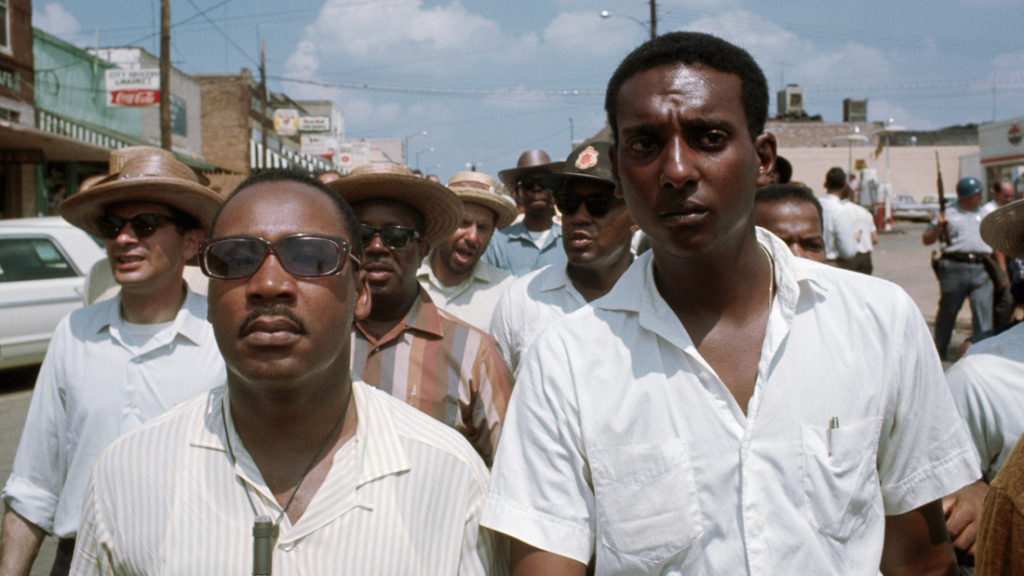
The superb documentary King in the Wilderness follows Martin Luther King, Jr., through his turbulent final two years. Although King had already become an icon, he was facing the challenges of a new political and societal landscape that King himself had helped create. And he was foundering.
- King’s approach, which overcame the overt cultural racism and statutory segregation in the South, was not working against the de facto segregation and urban riots in the North. Nor was King gaining traction to expand the movement against bigotry into a movement against poverty.
- His leadership in the Black community was being usurped by younger, more militant, leaders. Stokely Carmichael and his peers were quick to discard longtime White Civil Rights workers and to alienate White America with a message of Black Power, which resonated in the Black community. King refused to use the weaponized term, while trying to hang on to his base.
- King was under pressure to make public his opposition to the Vietnam War. King’s strong anti-militarism came naturally from his study of Gandhi and his commitment to non-violence. But campaigning against the War would be seen as a betrayal by King’s most effective ally and benefactor, President Lyndon B. Johnson. King was genuinely grateful to LBJ, and LBJ was famously vindictive.
King was just off the Civil Rights Act of 1964 and the Voting Rights Act of 1965, the two greatest legislative Civil Rights victories since the 13th Amendment prohibiting slavery one hundred years before. In King in the Wilderness, it’s only a year later, and Martin Luther King, Jr. is facing a big fat case of What Have You Done For Me Lately?

It’s easy for us to forget just how young King was:
- He was only 26 when he led the Birmingham Bus Boycott.
- King wrote the Letter from Birmingham Jail and led the the March on Washington at 34.
- He won the Nobel Peace Prize at 35.
- He led the march from Selma to Montgomery at 36.
After a great historic victory, it can be difficult to find a new objective. It’s hard to gain political power, and it can be just as hard to keep it. It’s difficult for a public figure to remain relevant in changing times. These are the challenges of leadership.
By focusing on this period of King’s life and career, director Peter Kunhardt and writer Chris Chuang have made an inspired choice. They have also sourced it brilliantly, with the remembrances of King intimates, most notably Andrew Young and Henry Belafonte, along with Stokely Carmichael’s fellow SNCC leader Cleveland Sellers. King family confidante Xernona Clayton bookends the movie with the two most poignant anecdotes.
King in the Wilderness was originally aired on HBO and won an Emmy for best historical documentary. It’s now widely available on streaming platforms.
